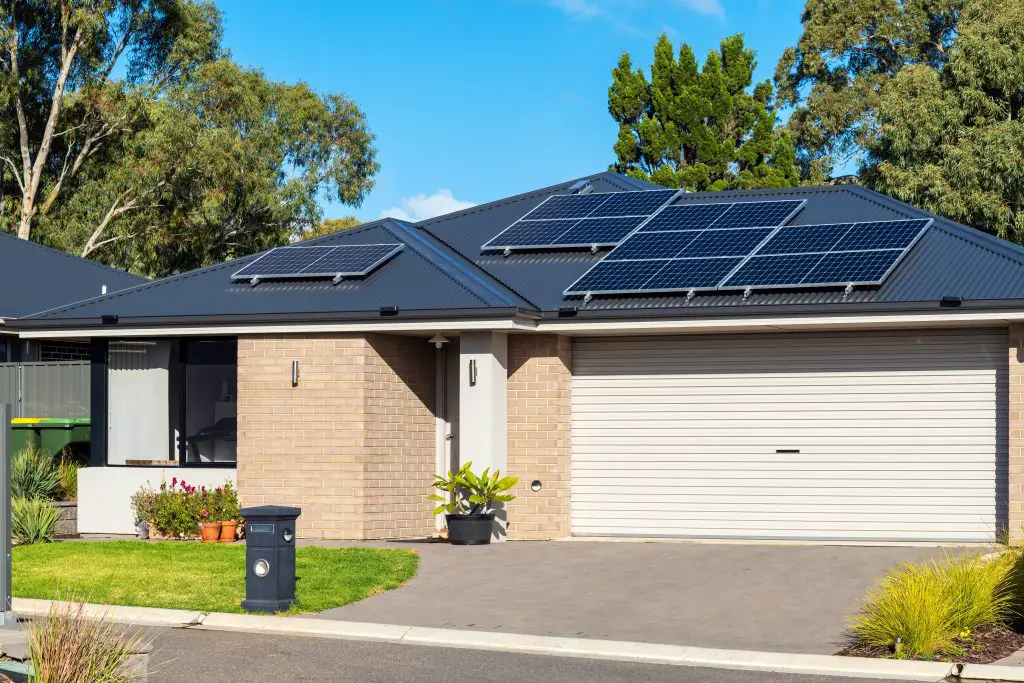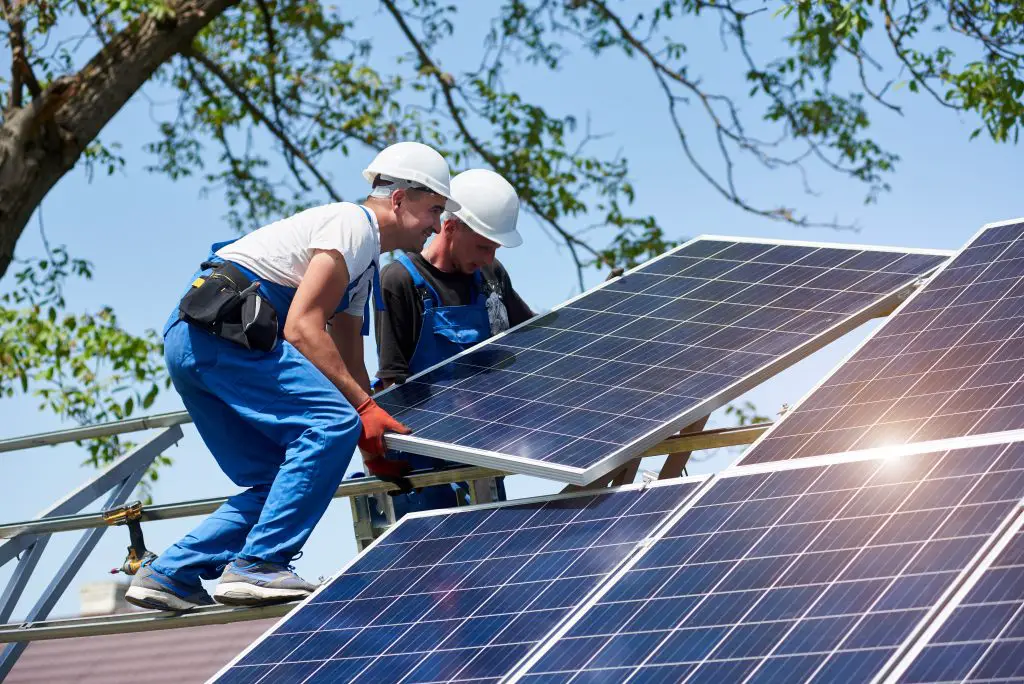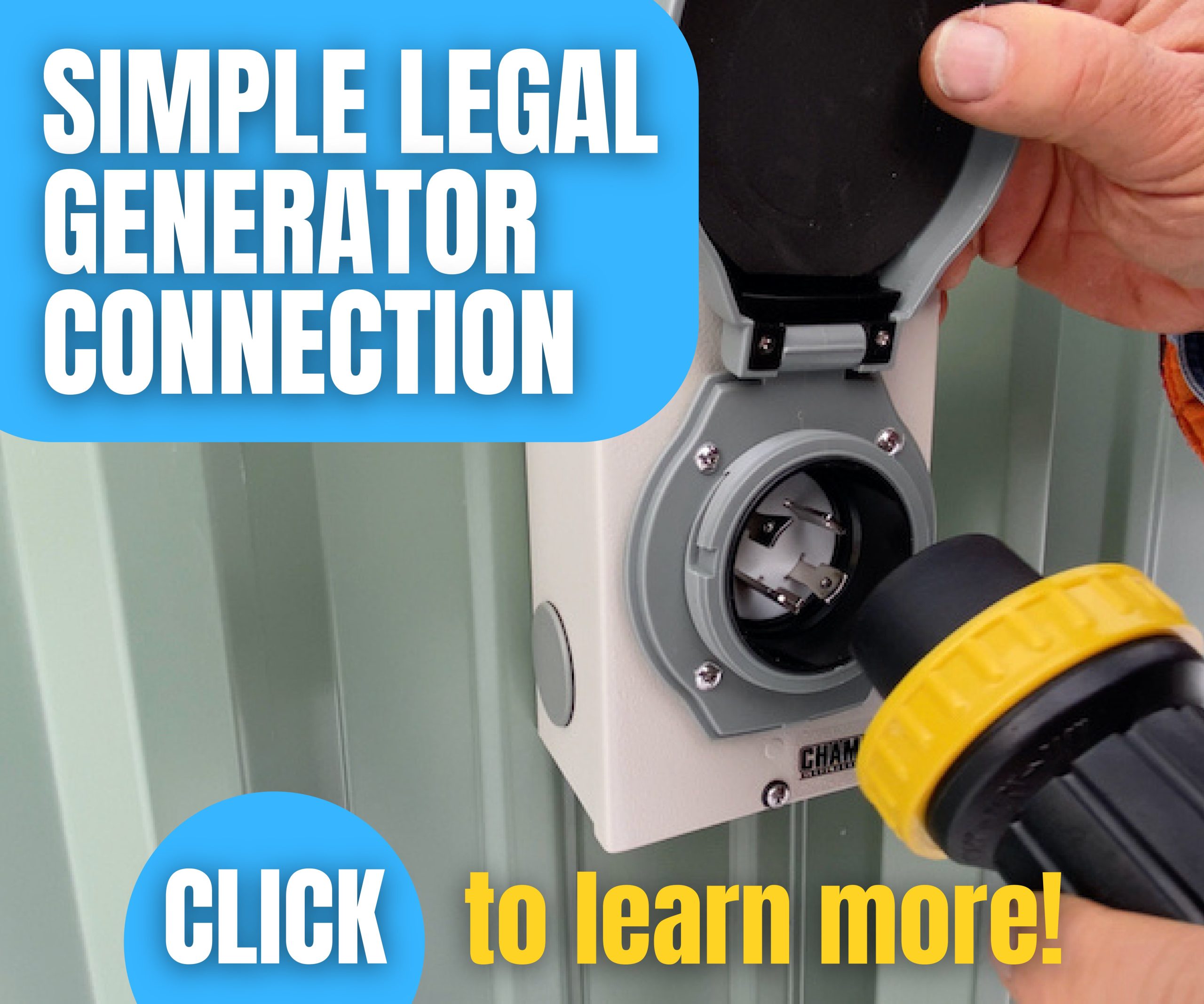When it comes to solar energy, there are a lot of benefits to be reaped by both homeowners and businesses. In addition to boosting your self reliance abilities, you can also save on your electricity bills, lock in energy rates for years to come, and in some places make money by selling surplus energy back to the grid.

Installing a solar panel system is a significant investment, but it can pay off in the long run. However, like any other major purchase, you want to make sure you get the best deal possible. You also want to make sure your home is as energy efficient as possible before you install solar equipment. Here are five ways to save on home solar system installations:
1. Research Your Options
If you’re looking for ways to save on your home solar system installation, there are a few things you can do to research your options and get the best possible deal. First, it’s essential to understand the basics of solar power and how it works.
Once you have a good understanding of the technology, you’ll be better positioned to compare different solar providers and find the one that offers the best value for your money. Second, it’s helpful to get quotes from multiple solar providers before making a final decision.
You may read this guide by Solar Run or other similar articles to learn more about the price differences of various home solar systems. These can give you a better idea of the overall costs of installing a solar system and the different available financing options. Finally, it’s wise to consider all of the potential benefits of solar power before making a final decision.
2. Check For Local Incentives
The initial installation cost can be a deterrent, but local government agencies and utilities often offer incentives to offset the cost. Before you decide to install a home solar system, it’s worth checking to see if any program in your area could help reduce the cost.
Many jurisdictions offer tax credits or rebates for installing solar panels, and some utilities offer discounts for customers who generate their own electrical energy. With a bit of research, you may find several incentives that can make installing a home solar system more affordable.
3. Consider A Time Of Use Plan
One way to further reduce the cost of a home solar system is to consider a time-of-use plan, which allows you to take advantage of lower electricity rates during specific periods of the day. For example, if you work during the day and are home in the evening, you can use more energy during the daytime when rates are lower, and then reduce your usage in the evening.
This type of plan can save you money on your electric bills and help you recoup the cost of your solar installation more quickly. In addition, by using less electricity overall, you’ll also be doing your part to help the environment. So, if you’re thinking about going solar, ask your installer about time-of-use plans—it’s a great way to save money and make your solar investment go even further.
4. Take Advantage Of Net Metering

Net metering allows you to offset the cost of your solar installation by selling excess electricity back to your utility company. In many cases, you can even earn money from your home solar system by taking advantage of net metering. There are a few things to keep in mind if you’re looking to take advantage of net metering.
First, not all utility companies offer net metering, so be sure to check with yours before installing. Second, there may be limits on the amount of electricity you can sell back to the utility company, so it’s crucial to find out what those limits are.
Finally, you’ll need to have a way to track your energy production and consumption to make the most of net metering. Overall, however, net metering is a great way to save money on your home solar installation.
5. Get An Energy Audit First
Before installing a home solar system, it’s essential to get an energy audit first. It’ll help you determine how much solar paneling you need to install to generate sufficient electricity to power your home. It’ll also provide you with information on the most efficient way to position the solar panels so that they can maximize sun exposure.
Additionally, an energy audit will give you an estimate of the total cost of installing a home solar system. In many cases, the fee of the energy audit can be applied towards the cost of the solar installation, making it an affordable and wise investment.
Takeaway
The upfront cost of home solar system installation can be prohibitive for some homeowners. Luckily, there are a few ways to save on the cost of installation, including taking advantage of incentives, considering a time-of-use plan, and negotiating with installers to bundle services. Some non-professionals even design and install their own solar energy systems. By following these tips, you can make your home solar system more affordable and ensure that it’s a wise investment in the long run.



